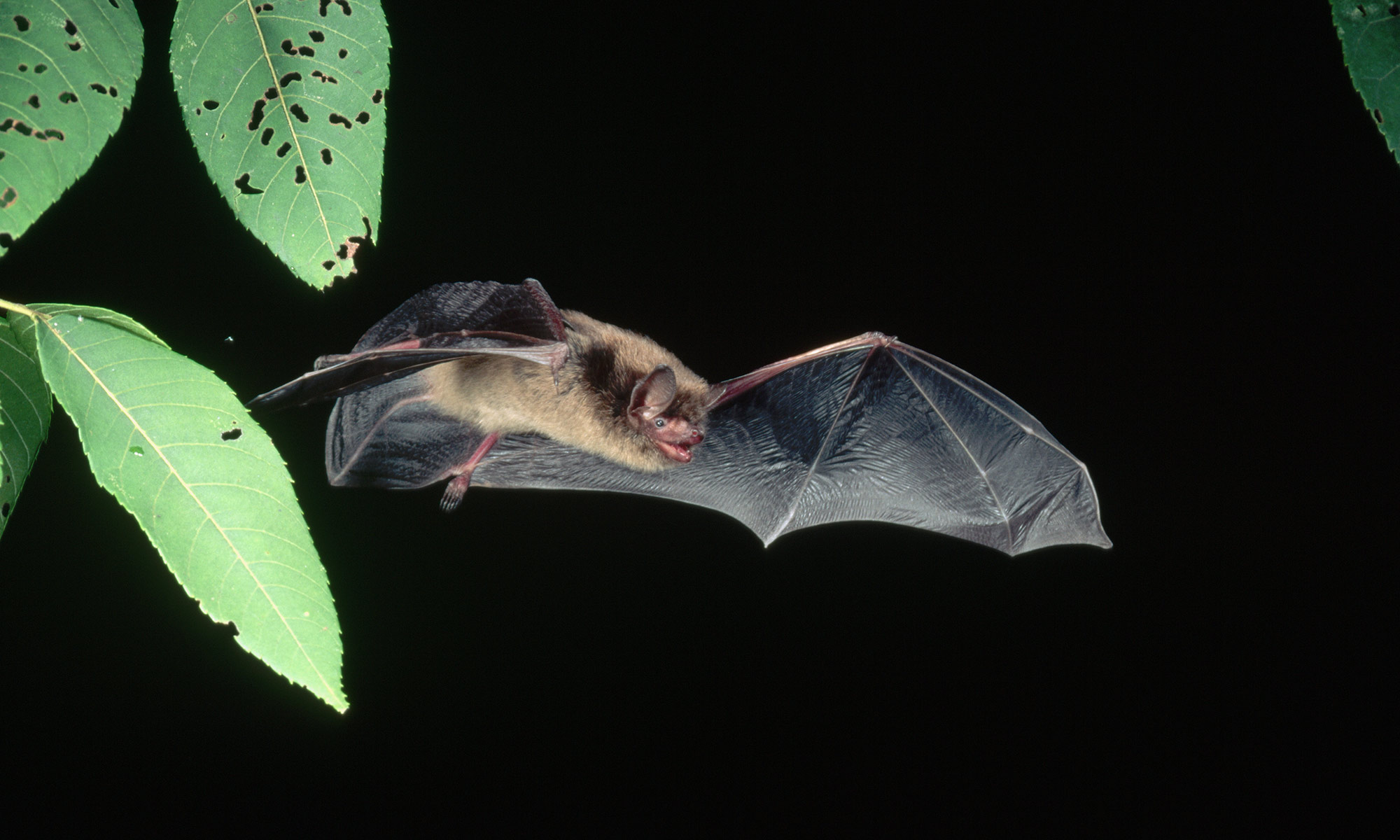
Why don’t bats get cancer?
Rochester scientists discover that long-lived bats resist cancer thanks to strong immune systems and protective genes—findings that could offer new insights into human aging and disease prevention.
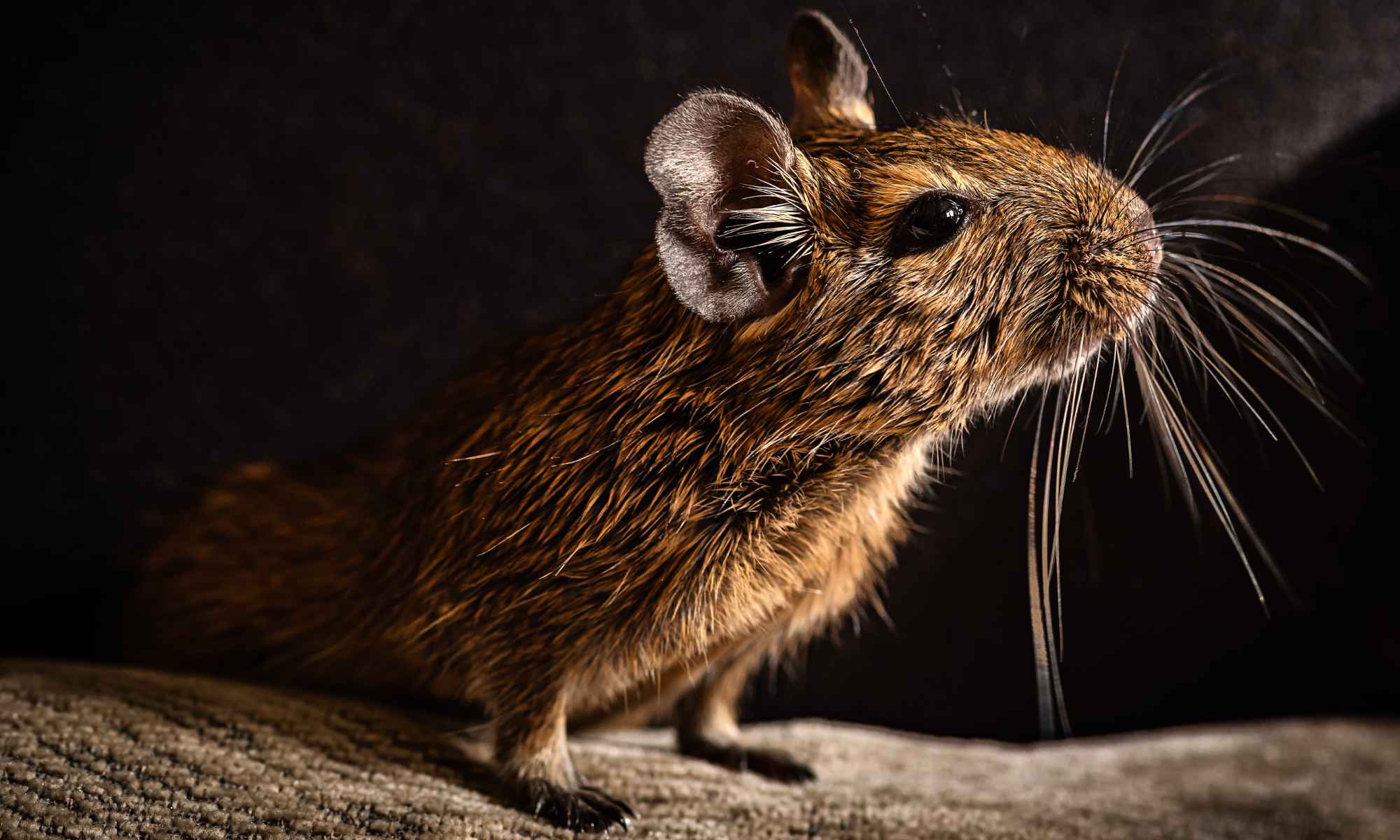
Comparing gene sequences across species to understand aging and dementia
A new grant partners longevity researchers and Alzheimer’s experts at Rochester to study the gene mechanisms that contribute to long and healthy lifespans.
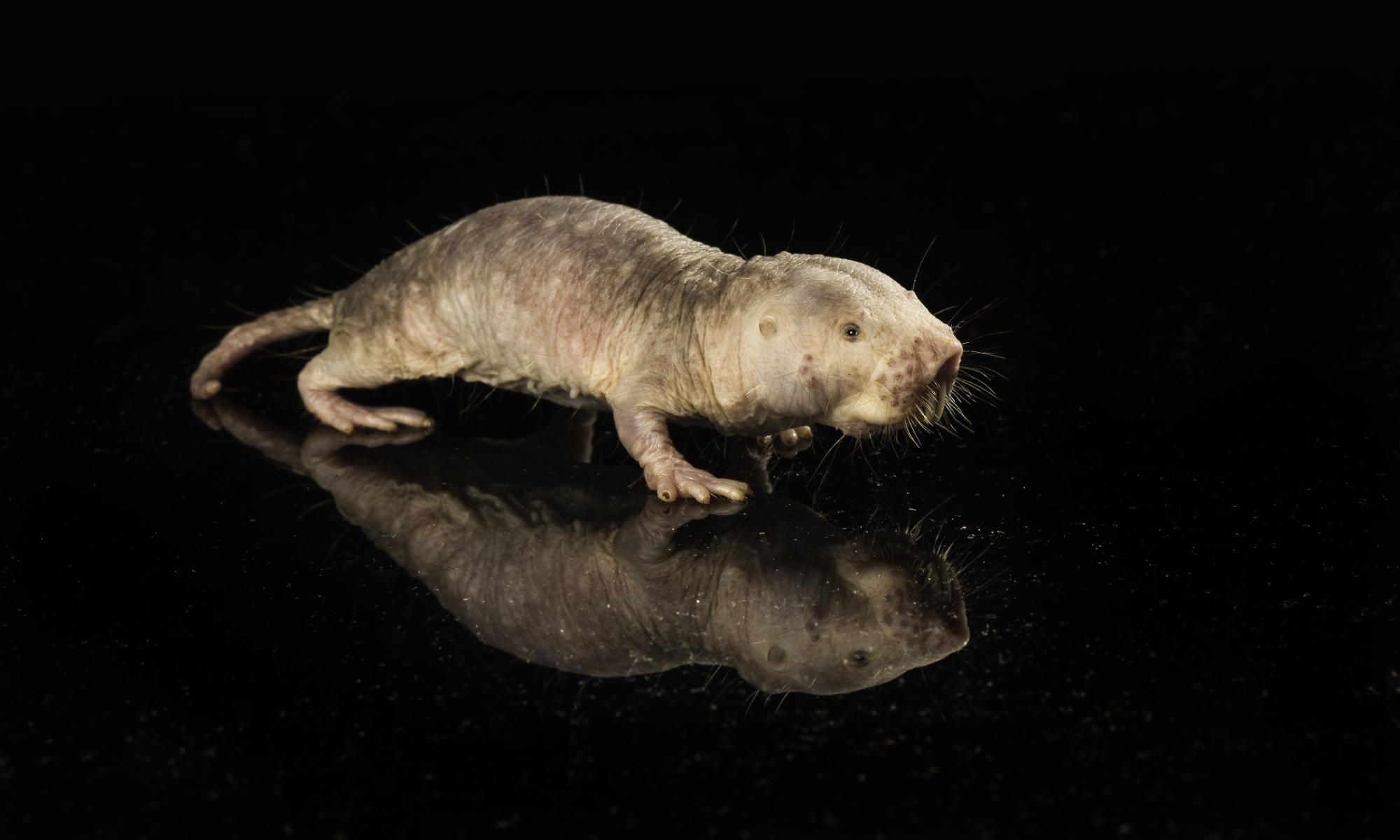
Longevity gene from naked mole rats extends lifespan of mice
The successful gene transfer paves the way for improving the health and lifespan of humans, too.

Gene regulation may hold clue to longer life
Rochester biologists who study the genetics of lifespan suggest new targets to combat aging and age-related diseases.
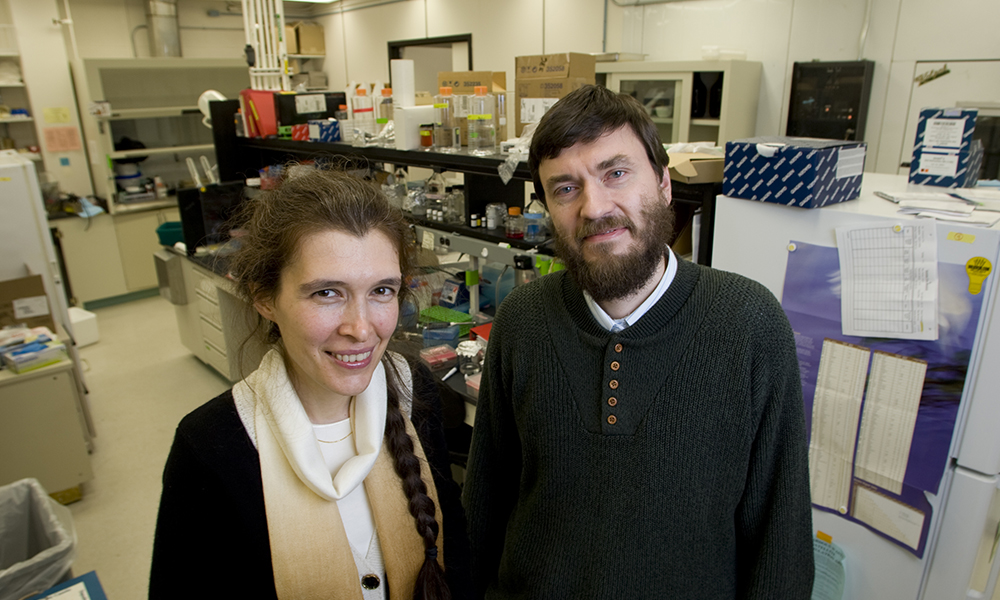
Connecting the dots between aging, Alzheimer’s, and ‘junk DNA’
Biologists Vera Gorbunova and Andrei Seluanov join colleagues at Brown and NYU in the quest to find potential targets of treatments and therapeutics for neurodegenerative diseases.

Is ‘junk DNA’ a key to killing cancer cells?
Rochester biologists show how a selfish genetic element called retrotransposons that can cause tumors may also trigger the death of cancer cells.
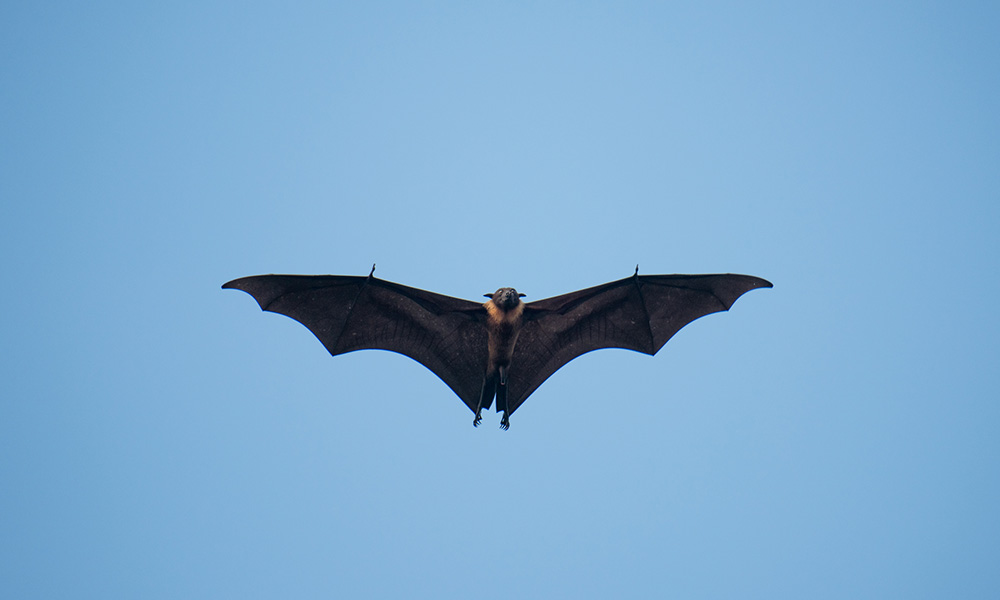
Bats offer clues to treating COVID-19
Bats carry many viruses, including the one behind COVID-19, without becoming ill. University of Rochester biologists are studying the immune system of bats to find potential ways to “mimic” that system in humans.

‘Longevity gene’ responsible for more efficient DNA repair
Rochester researchers have uncovered more evidence that the key to the “Fountain of Youth” may reside in a gene that is found to produce more potent proteins in species with longer lifespans.

‘Selfish’ genetics amplify inflammation, age-related diseases
Research from Rochester biologists shows that a class of genomic parasites may cause more harm than previously thought, triggering inflammation that causes age-related diseases.
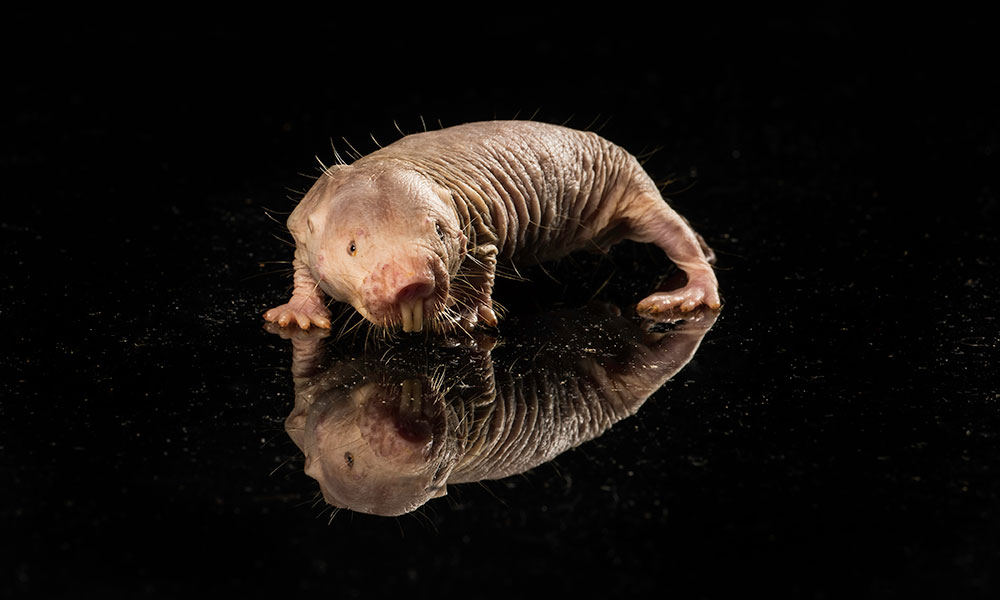
Why do naked mole rats live long, cancer-free lives?
Rochester biologists were surprised to see that despite its remarkable longevity, the naked mole rat still has cells that undergo senescence, like the cells in much shorter-lived mice.
